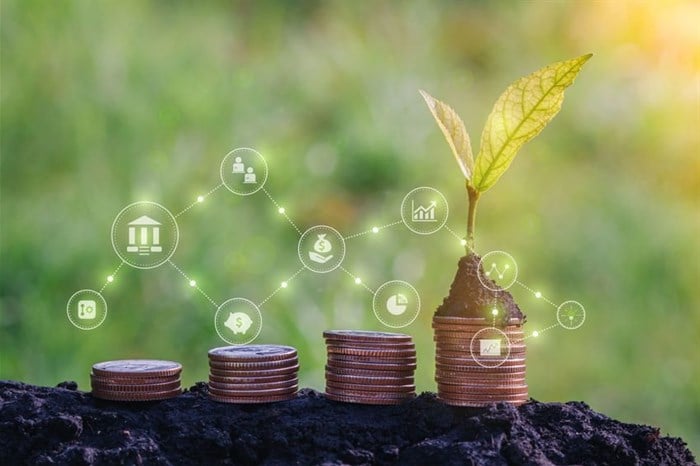The global business community is undergoing a transition towards a green economy driven by a shared recognition of the urgent need to address climate change, protect natural resources, and promote sustainable development.

Image source: Tanarat Kongchuenjit –
123RF.comAs businesses in South Africa and elsewhere adopt sustainable practices and environmentally conscious strategies, they can expect to encounter two categories of risks as identified by the Taskforce for Climate Related Financial Disclosures (TCFD). The first consists of existing risks stemming from the impacts of climate change. The second encompasses transitional risks that arise during the transition to sustainable practices.
First category
Physical risks
Physical risks are those associated with the direct physical impacts of climate change.
An example is the Durban floods of 2022, which demonstrated a physical risk resulting from climate change. The heavy downpours caused extensive damage to infrastructure, including roads, bridges, and buildings.
Additionally, homes were lost, properties were destroyed, and businesses in affected areas experienced significant economic losses. This resulted in inter alia insurers facing a surge in claims relating to property insurance, business interruption, etc.
Second category
Policy and/or legal risk
Policy risk involves the implementation of policies that either restrict business activity or encourage adaptation.
South Africa, like many countries, has committed to reducing greenhouse gas emissions to mitigate climate change. The government has already implemented a carbon tax on motor vehicles as part of its efforts to reduce greenhouse gas emissions and mitigate climate change.
In future, the government may, for example, also set specific emission reduction targets for other industries.
Technology risk
Technology risks encompass the potential disturbances to businesses and their business models resulting from advancements or innovations in technology that facilitate the shift towards a more sustainable economy.
Renewable energy technologies such as solar and wind power are becoming more advanced and cost-effective, resulting in a growing trend towards their adoption in South Africa. This shift poses a technology risk for traditional energy companies like Eskom, including coal-fired power plants and fossil fuel suppliers.
Market risk
Market risks arise from changes in the supply and demand dynamics of specific commodities, products, and services as environmental, social, and governance (ESG) considerations are increasingly factored into decision-making processes.
The demand for single-use plastic bags has, for example, dropped tremendously in South Africa and many other parts of the world for that matter. Retailers and consumers have become more aware of the environmental impact of these bags and have actively sought alternatives, such as reusable bags or biodegradable alternatives.
Nomava Zanazo 31 Mar 2023 Reputational risk
Reputational risk arises from evolving customer or community perceptions of a business, which are influenced by the businesses’ impact on, or hindrance of, the transition towards a more sustainable economy.
An example of reputational risk can be seen in the case of a mining company operating in environmentally sensitive areas. If the company is involved in practices that are perceived as harmful to the environment, such as water pollution or destruction of natural habitats, it can face significant reputational risk.
Conclusion
In conclusion, the global business community is undergoing a transition to a green economy driven by the need to address climate change and promote sustainable development. While this transition presents risks, such as physical, policy, technology, market, and reputational risks, there are also significant opportunities for businesses to thrive.
Tesla, the electric vehicle and clean energy company, serves as a prominent example. By recognising the potential of sustainable transportation and renewable energy solutions, Tesla has been at the forefront of innovation, capturing market share and investor confidence. The company’s high share price reflects the market's recognition of their ability to seize the opportunities presented by the green economy whilst mitigating the risks associated therewith.













































